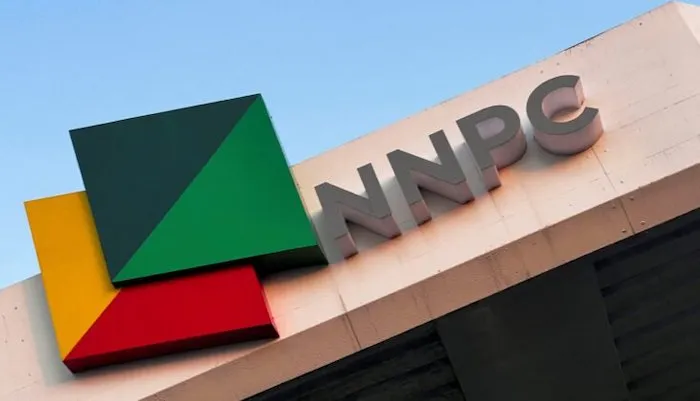The Socio-Economic Rights and Accountability Project (SERAP) has sued the Nigerian National Petroleum Company (NNPC) Limited over Nigeria’s daily oil production as well as revenues raked in since the removal of the fuel subsidy.
In the case with reference number FHC/ABJ/CS/1719/2023, lodged last Friday at the Federal High Court in Abuja, SERAP asserted that the national oil company failed “to disclose details of Nigeria’s daily oil production, exportation and the total amounts of revenues generated from oil since the removal of subsidy on petrol in May 2023.”
It wants the court “to compel the NNPC to disclose how much of the revenues generated from the production and exportation of oil have been remitted to the public treasury since the removal of subsidy on petrol.”
SERAP’s deputy director, Kolawole Oluwadare, revealed this in a statement made available to reporters on Sunday.
According to the statement, the former Governor of the Central Bank of Nigeria (CBN), Sanusi Lamido Sanusi, has accused the NNPC of not remitting sufficient foreign exchange into the treasury despite the removal of the fuel subsidy.
“There is a legitimate public interest in disclosing the information sought. The NNPC has a legal responsibility to disclose the details of Nigeria’s daily oil production, exportation and the revenues generated and remitted.”
“Nigerians have the right to know the amounts of barrels of oil the country produces and exports daily, the revenues generated and remitted to the public treasury,” the statement read.
SERAP said enforcing the disclosure of these details from the NNPC would enhance transparency and accountability within the oil sector.
The group contends that transparency is crucial to preventing the diversion of revenues from Nigeria’s daily oil production and exports into private hands.
It added that the revelation aims to boost public confidence by ensuring that the generated revenues are utilized for the benefit of Nigerians.
“The failure by the NNPC to disclose the information sought is a grave violation of the provisions of the Nigerian Constitution 1999 [as amended], the Freedom of Information Act, and the country’s obligations under the African Charter on Human and Peoples’ Rights,” SERAP concluded.
No date has been fixed for the hearing of the suit.
